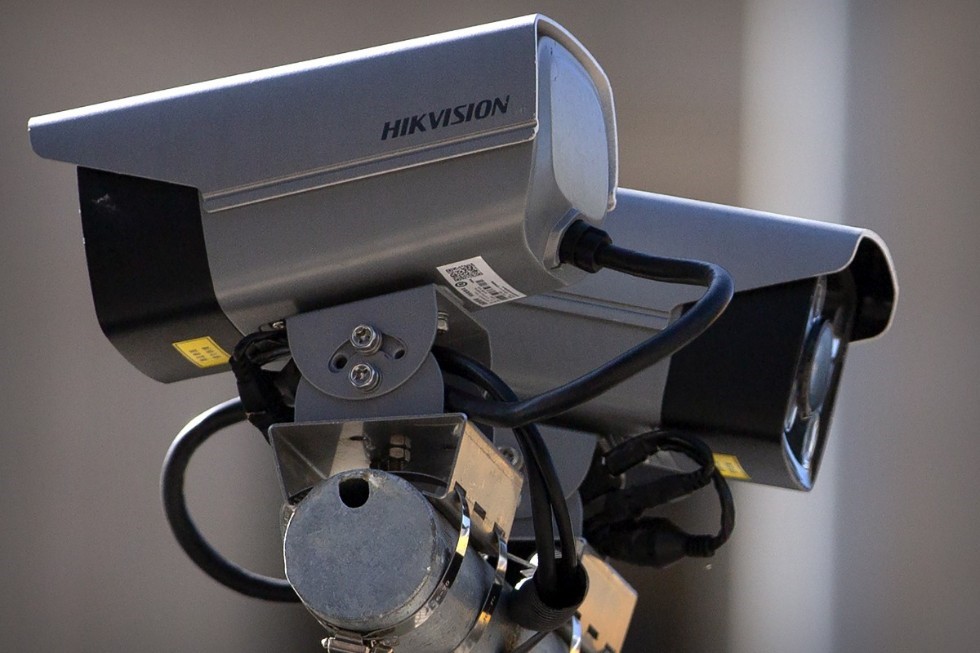While some are steeling themselves for the second term of incoming U.S. president Donald Trump in fear of potential human rights abuses, others are more worried they may be caught being complicit in them. The latter could include major Chinese biometric surveillance tech group, Hikvision, which has reportedly cancelled five contracts with local governments in the north-western region of Xinjiang.
Based on similar deals with local governments, the Financial Times estimates that the combined value of the five Xinjiang contracts, which were signed in 2017 and had entered a long-term “maintenance phase,” is “likely to be in the low hundreds of millions of dollars.”
China’s Xinjiang Uygur Autonomous Region is home to the Muslim Uighur minority, which the Communist regime in Beijing has been on a long, quiet campaign to displace, reduce and replace with a more ideologically aligned population. The Chinese government says its ongoing efforts, which have included reeducation camps, forced labor and indoctrination and the bulldozing of one of the world’s oldest inhabited cities, are a response to violent extremism.
However, even Trump has dismissed that defense. During his first term, Trump blacklisted Hikvision and other Chinese companies in 2019 over their alleged roles in facilitating human rights abuses against Uighurs, thus barring the firms from acquiring U.S. technology.
His successor (and soon-to-be-predecessor) Joe Biden added the five Hikvision subsidiaries responsible for the Xinjiang projects to Washington’s “entity list”. Firms whose biometric surveillance contracts are now null include Luopu Haishi Dingxin Electronic Technology, Moyu Haishi Electronic Technology, Pishan Haishi Yongan Electronic Technology, Urumqi Haishi Xinan Electronic Technology and Yutian Haishi Meitian Electronic Technology.
In canceling its contracts in the region, Hikvision is presumed to be trying to preempt any additional sanction from Trump in his second term – which is not unlikely, given the company’s ongoing history of security flags. There have been accounts of the CCTV firm specifically targeting the Uighurs with facial recognition systems using chips from Nvidia.
And is in poor standing with some who have been selected to be part of Trump’s administration. Incoming Secretary of State Marco Rubio is a vocal critic of Hikvision, calling it “potentially malicious Chinese technology” that poses “national security dangers to the United States” and is complicit in Beijing’s “build-up of its Orwellian surveillance state and modern-day concentration camps in Xinjiang.”
China is unlikely to take any increased criticism of its record there sitting down. It has repeatedly and vehemently denied human rights abuses, and even threatened to blacklist the U.S. parent company of clothing brand Calvin Klein after it allegedly stopped using cotton from Xinjiang.
Regardless, all is not economically peachy in China, which, after years of booming growth, has lost steam since Covid-19 pandemic lockdowns, with many local governments facing fiscal shortfalls. Hikvision itself has been on a downward slide; according to the South China Morning Post, the company booked 8.1 billion yuan (US$1.1 billion) in profit in the first three quarters of 2024, an 8.4 percent year on year drop.

